Choosing the Best CRM for Your Mini Store: A 2024 Expert Guide
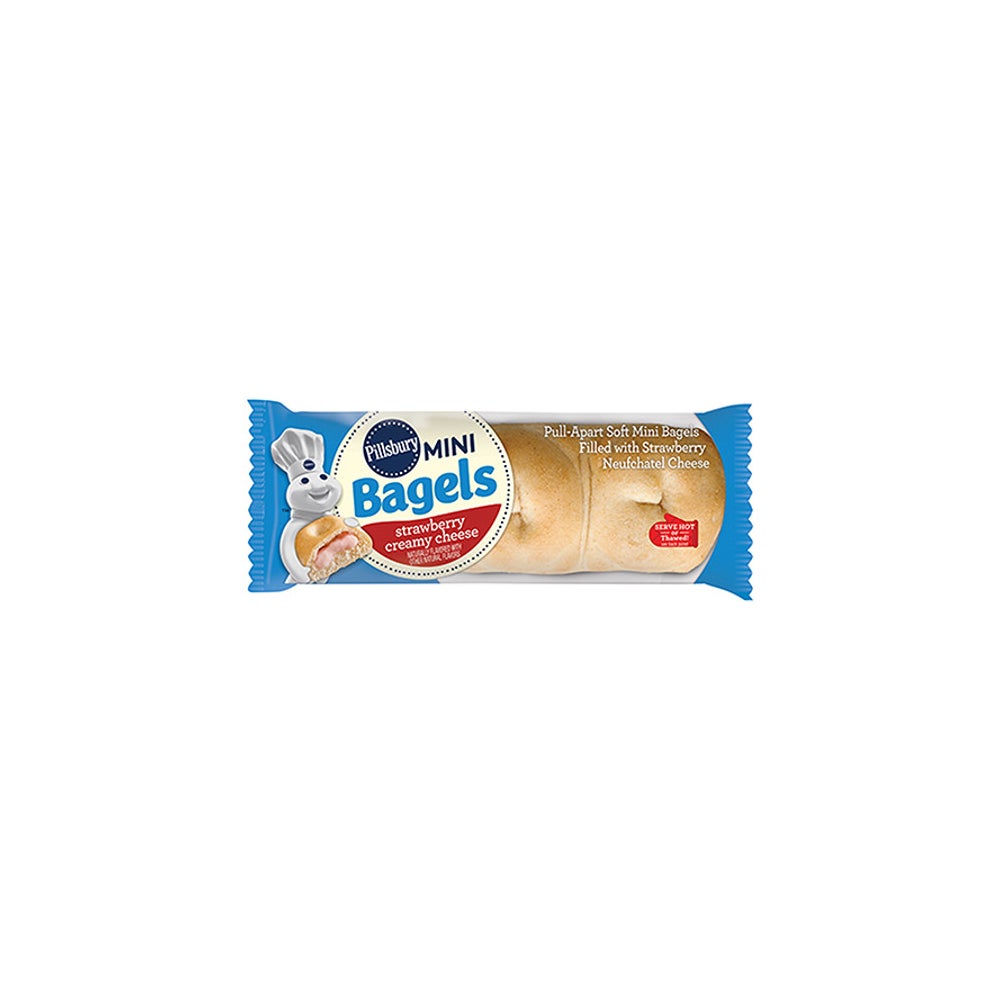
Running a mini store is a masterclass in multitasking.
You are the owner, the marketer, the cashier, and often, the only salesperson on the road.
With so many hats to wear, efficiency isn't just a goal; it's a survival mechanism.
This is where a powerful tool, often overlooked by smaller retailers, comes into play: a CRM.
A Customer Relationship Management (CRM) system is not just for corporate giants.
It's a centralized hub that helps businesses of all sizes store and manage customer data.
It tracks interactions, streamlines your sales process, and builds lasting relationships.
This guide will navigate the crowded market to help you find the best CRM for your mini store.
Why Your Mini Store Desperately Needs a CRM
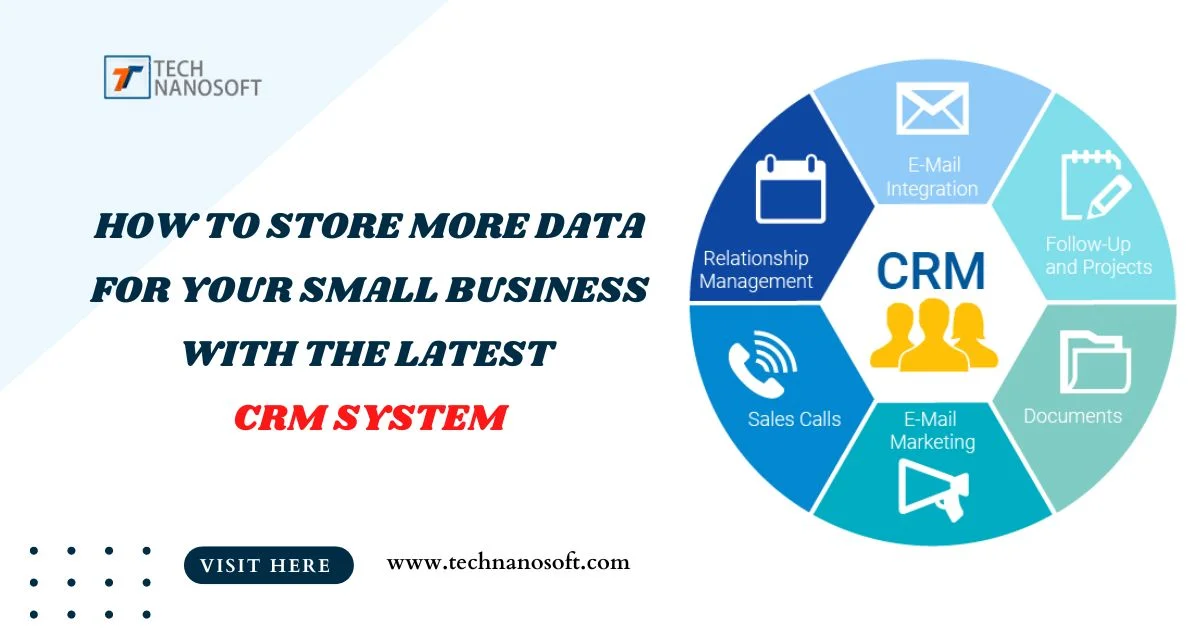
Your trusty spreadsheet has served you well, but as your customer base grows, its limits become clear.
Data gets siloed, notes get lost, and personalizing the customer experience becomes impossible.
A dedicated CRM moves you from reactive record-keeping to proactive relationship-building.
It's the digital brain for your store's customer-facing operations.
The primary benefit is creating a single source of truth for all customer information.
Imagine knowing a customer's entire purchase history, their recent inquiries, and any notes.
This allows you to provide a seamless and personalized experience, whether they're online or in-store.
As the top CRMs today offer, cloud storage ensures you can access this vital data from anywhere.
For a small team—even a team of one—a CRM is an invaluable efficiency engine.
As one business owner noted, the goal is to "get it done as efficiently as possible."
A CRM automates repetitive tasks like sending follow-up emails or creating sales reminders.
This frees up your precious time to focus on what truly matters: selling and serving customers.
Key Features to Look for in a CRM for a Mini Store
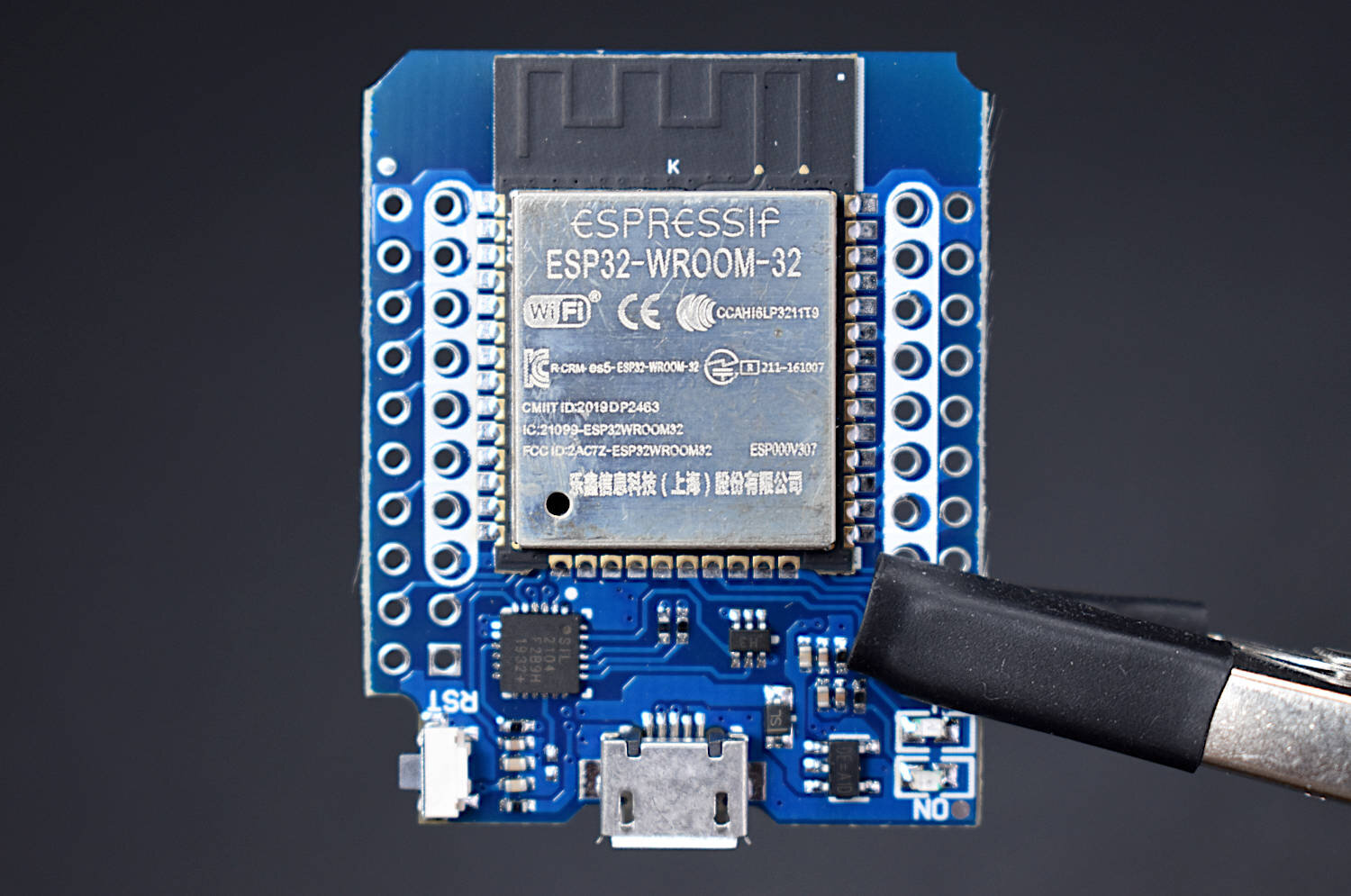
When evaluating options, it's easy to get lost in a sea of features.
For a mini store, the focus should be on functionality that delivers immediate value.
Avoid overly complex systems designed for enterprise-level needs.
Instead, prioritize these core components that will directly impact your daily operations.
First and foremost is robust Contact Management.
This is the heart of any CRM, allowing you to store customer names, contact details, and more.
Look for the ability to add custom fields for things like 'Last In-Store Visit' or 'Favorite Product Category'.
This level of detail is the foundation for effective personalization.
Next, a visual Sales Pipeline is crucial for any retail or sales business.
This feature lets you track customers as they move from initial interest to a final purchase.
You can define stages like 'New Lead', 'Product Interest', 'Quote Sent', and 'Sale Closed'.
It provides a clear, at-a-glance overview of your sales health and potential revenue.
Automation is another non-negotiable feature for time-strapped owners.
Look for a CRM that can automate email sequences, task assignments, and data updates.
For example, you could automatically send a 'thank you' email with a coupon after a purchase.
This ensures consistent communication without manual effort.
Finally, strong Reporting and Analytics are essential for smart decision-making.
You need to understand your sales trends, top-performing products, and most valuable customers.
Some platforms, like Teamgate CRM, are specifically praised for their excellent reporting capabilities.
This data empowers you to refine your strategy and focus your efforts where they'll have the biggest impact.
Top CRM Recommendations for Mini Stores in 2024
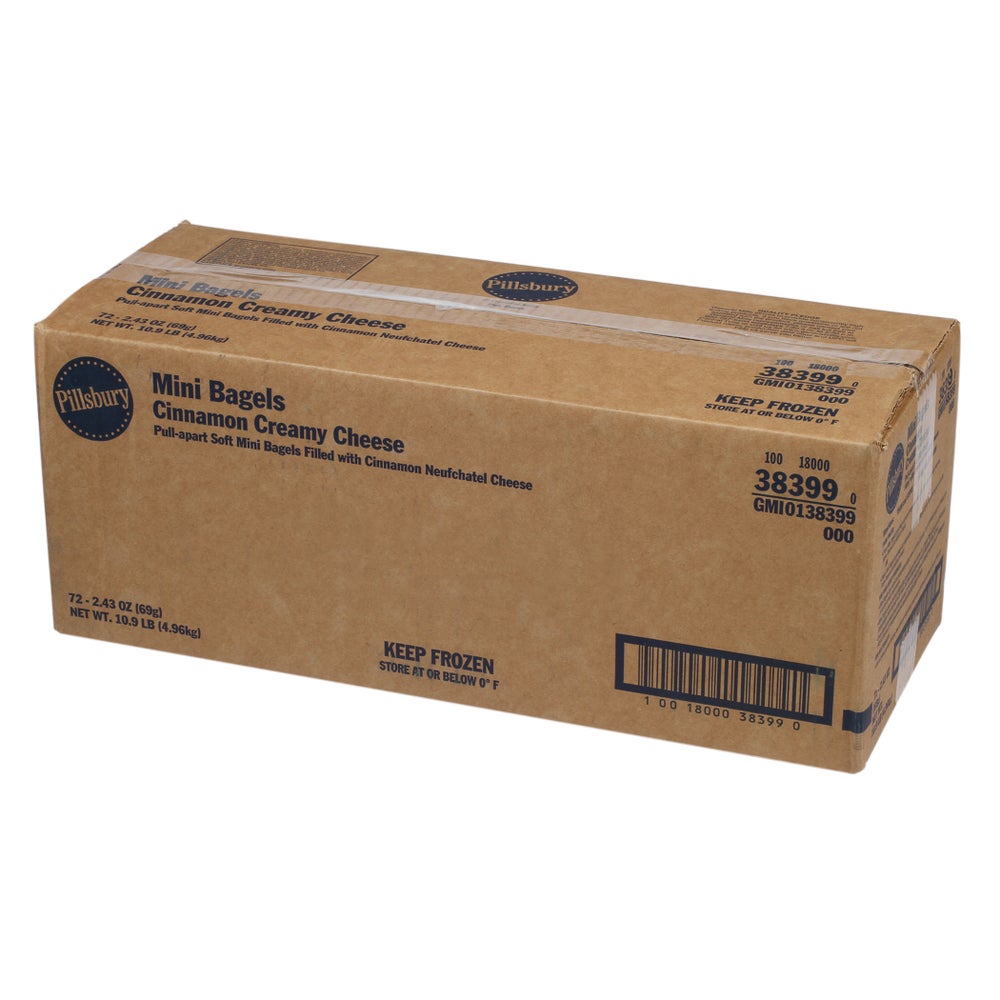
Now that you know what to look for, let's explore some of the best CRMs for mini stores.
These recommendations are based on their features, ease of use, and suitability for small budgets.
Many of these offer free trials or even robust free-forever plans.
This allows you to test the software and find the perfect fit before making a financial commitment.
**Freshsales (Freshworks CRM):** Often cited as the best retail CRM, Freshsales is a powerhouse.
It offers a comprehensive suite of tools designed to manage customer relationships and sales.
Its strengths lie in its sales automation capabilities, which can streamline your entire workflow.
With an intuitive interface and a generous free plan, it's an excellent starting point for any mini store.
**Teamgate CRM:** If your mini store is heavily focused on direct sales, Teamgate is a top contender.
It's recognized as an excellent sales CRM that is also budget-friendly.
Its key advantages are its excellent reporting features and granular access controls.
This makes it perfect for owners who want deep insights into sales performance and team activity.
**HubSpot CRM:** HubSpot is a giant in the CRM world for a reason: its free plan is incredibly powerful.
For a mini store just starting with CRM, the HubSpot Free CRM offers contact management and tracking.
It also includes live chat tools for your website and basic email marketing features.
As your store grows, you can seamlessly upgrade to their paid Marketing, Sales, or Service Hubs.
**Zoho CRM:** Zoho offers another fantastic option with a feature-rich free plan for up to three users.
Its major advantage is its place within the broader Zoho ecosystem of business apps.
If you also need tools for accounting, project management, or social media, Zoho integrates them all.
This all-in-one approach can simplify your tech stack and reduce costs significantly.
Implementing Your New CRM: A Quick-Start Guide
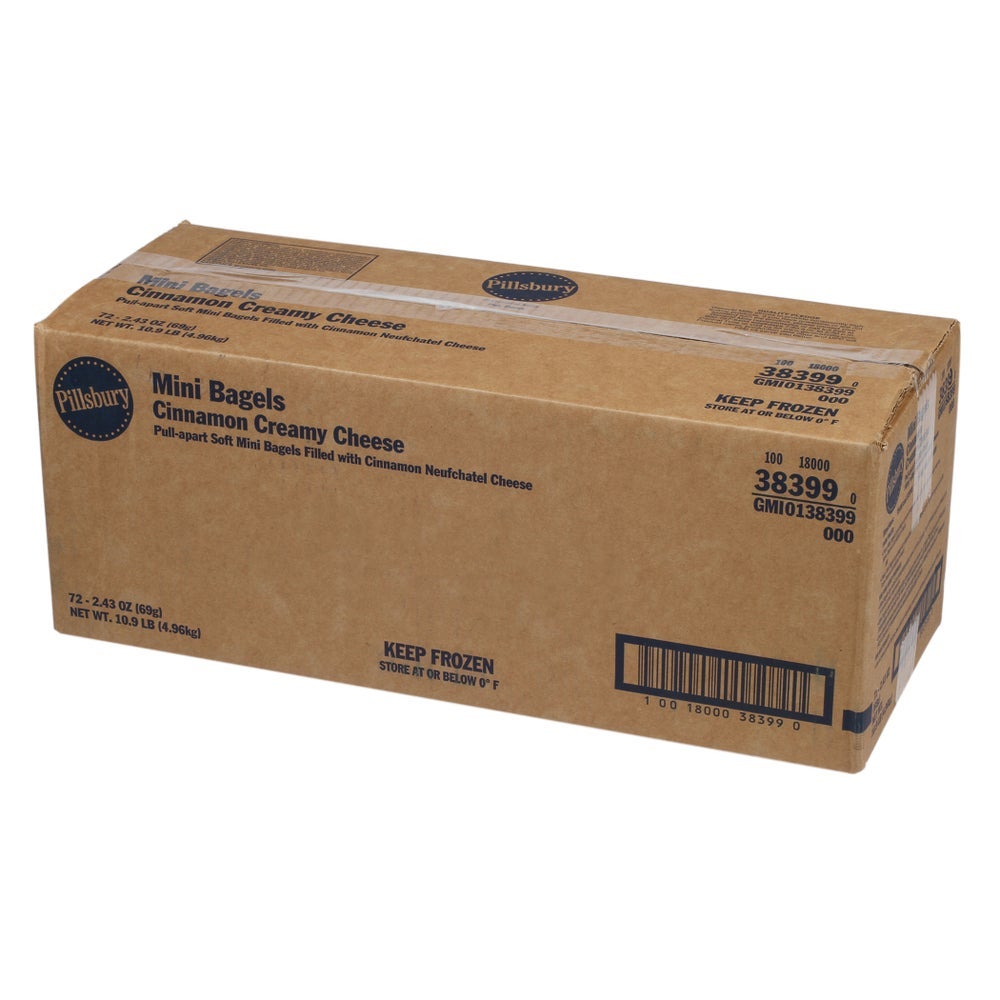
Choosing a CRM is the first step; successfully implementing it is what brings the results.
A thoughtful rollout will ensure the tool becomes an asset rather than another unused subscription.
Don't be intimidated; for a mini store, the process can be straightforward and quick.
Follow these simple steps to get up and running efficiently.
First, clearly define what you want to achieve with the CRM.
Is your primary goal to increase repeat business, track leads from your website, or simply organize contacts?
Having clear objectives will help you focus on configuring the most important features first.
This prevents you from getting bogged down in advanced settings you don't need yet.
Next, plan your data import.
Gather all your existing customer information from spreadsheets, email contacts, and your POS system.
Most CRMs provide easy-to-use import tools that let you map your old data to the new system.
Clean up your data *before* you import it to ensure you're starting with a clean slate.
Finally, take the time to learn the system and train anyone else who will use it.
Even if it's just you, block out a few hours to go through the provider's tutorials.
Customize your sales pipeline to reflect how you actually do business.
A small investment in learning upfront will pay huge dividends in long-term efficiency.
In the competitive world of retail, the relationships you build are your greatest asset.
A CRM is no longer a luxury for large corporations; it's a fundamental tool for growth and efficiency.
For a mini store, the right system centralizes data, automates work, and unlocks insights.
Whether you choose the retail-focused tools of Freshsales or the budget-friendly power of Teamgate.
The best CRM for your mini store is the one that aligns with your unique processes and goals.
Take advantage of the free trials offered by platforms like HubSpot and Zoho.
Test their interfaces, import a few contacts, and see which one feels like a natural extension of your business.
By making this strategic investment, you're not just organizing contacts; you're building a foundation for sustainable success.